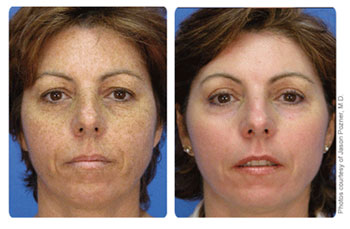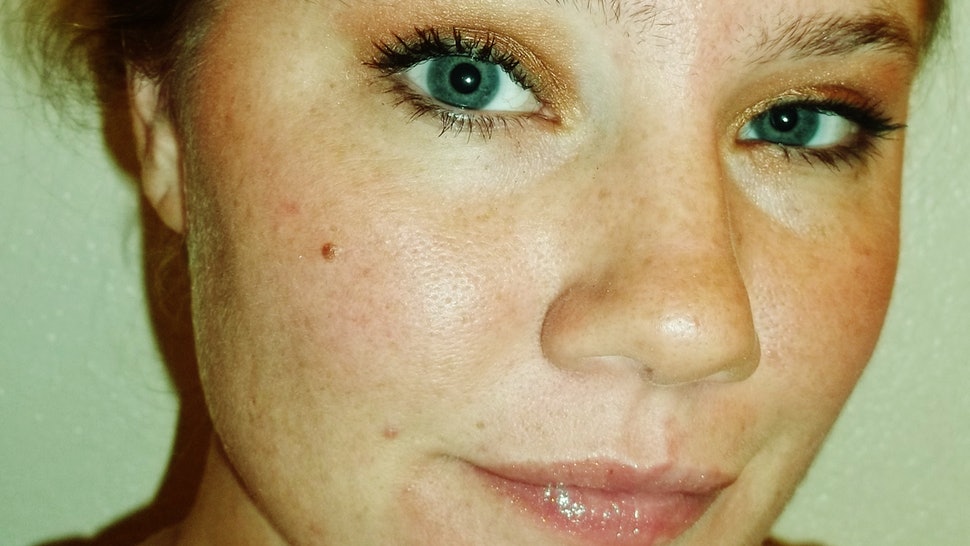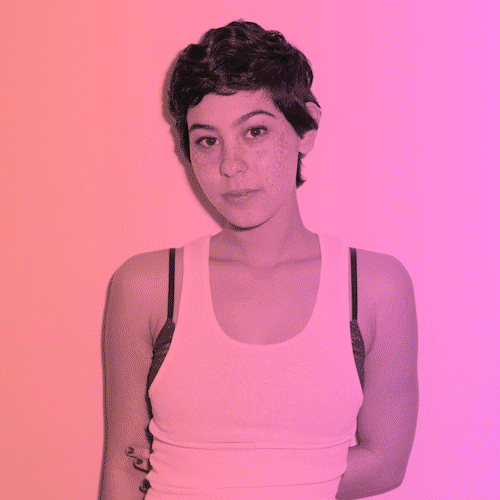Unless you won the lottery last week then you probably can’t afford to have laser treatment on your skin. Fortunately there is a much cheaper alternative called IPL. Not only does IPL do much more for your skin, but it also costs a lot less.
What is IPL?
IPL stands for Intense Pulsed Light, and it’s a type of light therapy that can be used on your skin to treat the following conditions:
- Hair reduction
- Hyper pigmentation
- Thread veins
- Acne scars
- Sun damage
The intense light energy in the treatment is used to reduce the appearance of scars, spots and excess hair. Featuring multiple wavelengths it’s able to target problem areas so is very effective. This light energy is then converted to heat which damaged the unwanted pigments or follicles. Your body then heals itself and repairs the damaged skin over time.
There are many trained therapists out there who use IPL techniques to safely remove and reduce areas of concern on the skin. Most people tend to have a course of three IPL treatments (after an initial patch test), after which time you will see revitalised and rejuvenated skin.
IPL FAQs
Even if you have heard of IPL before you may not fully understand it and may have some questions. Here are some of the frequently asked questions that we get about IPL:
- Is it a permanent solution?
- Is it painful?
- How effective is it?
Using IPL to reduce Scars, Spots and Veins
Nothing is going to waste your money faster than buying the many creams available on the market that promise to eradicate the problems caused by scars, spots and veins on the skin. IPL is an effective treatment for all of these that targets your skin’s problem areas on a cellular level. IPL attacks the structures and pigments of things such as redness, sun damage, thread veins, acne scars and surgery scars, which is a much depeer level f attack than simply applying a barrier cream on top.
IPL for Hair Removal
Whether it’s waxing, shaving or epilating, we do all kinds of things to our bodies in order to remove unwanted hair. This ongoing maintenance is often daunting, time-consuming and not to mention, painful. IPl is a permanent and painless solution to unwanted hair removal.
Difference between IPL and Laser Treatment
Laser treatment has been used for some years to target allof the problems that IPL is used for. However, the main difference between IPL and laser treatment is the fact that IPL is less focused and more scattered than traditional laser treatment. IPL is able to penetrate deeper to the second layer of your skin (known as the dermis), without harming the epidermis, which is the top layer. This causes less damage to your body. A variety of light waves are used in IPL with much lower intensity than laser treatment is used. The results from laser treatments are therefore more permanent.
Benefits of IPL Treatment
If laser treatment is more effective and longer lasting than IPL, then why even bother with IPL? Here are a few advantages:
- It’s a lot cheaper
- Treatment can’t be altered depending on your skin type, texture, thickness and hair colour
- Less risk of permanent damage to skin
How to Prepare yourself for IPL Treatment
Before your first IPL treatment session you will have to have a skin consultation where a patch test will be completed. This will enable you to see how your skin reacts to the IPL treatment.
It is recommended that you avoid any hair removal methods for approximately two weeks prior to IPl treatment. This is because waxing and tweezing hair will cause it to break which will mean that the IPL treatment is less effective.
Avoid sun exposure before treatment. This includes sun bathing, sun beds and fake tanning. This is because it can reduce the effectiveness of the IPL treatments or enhance any side affects.
Prior to starting the treatment you’ll be asked to remove any makeup, sunscreen or moisturisers. It’s important that the area being treated is completely clean skin.



